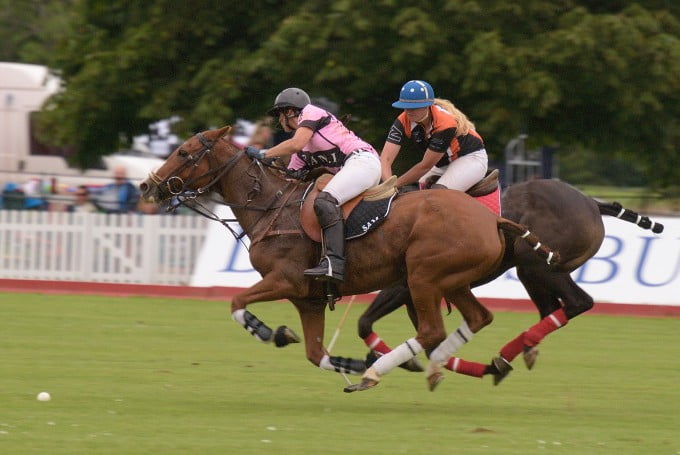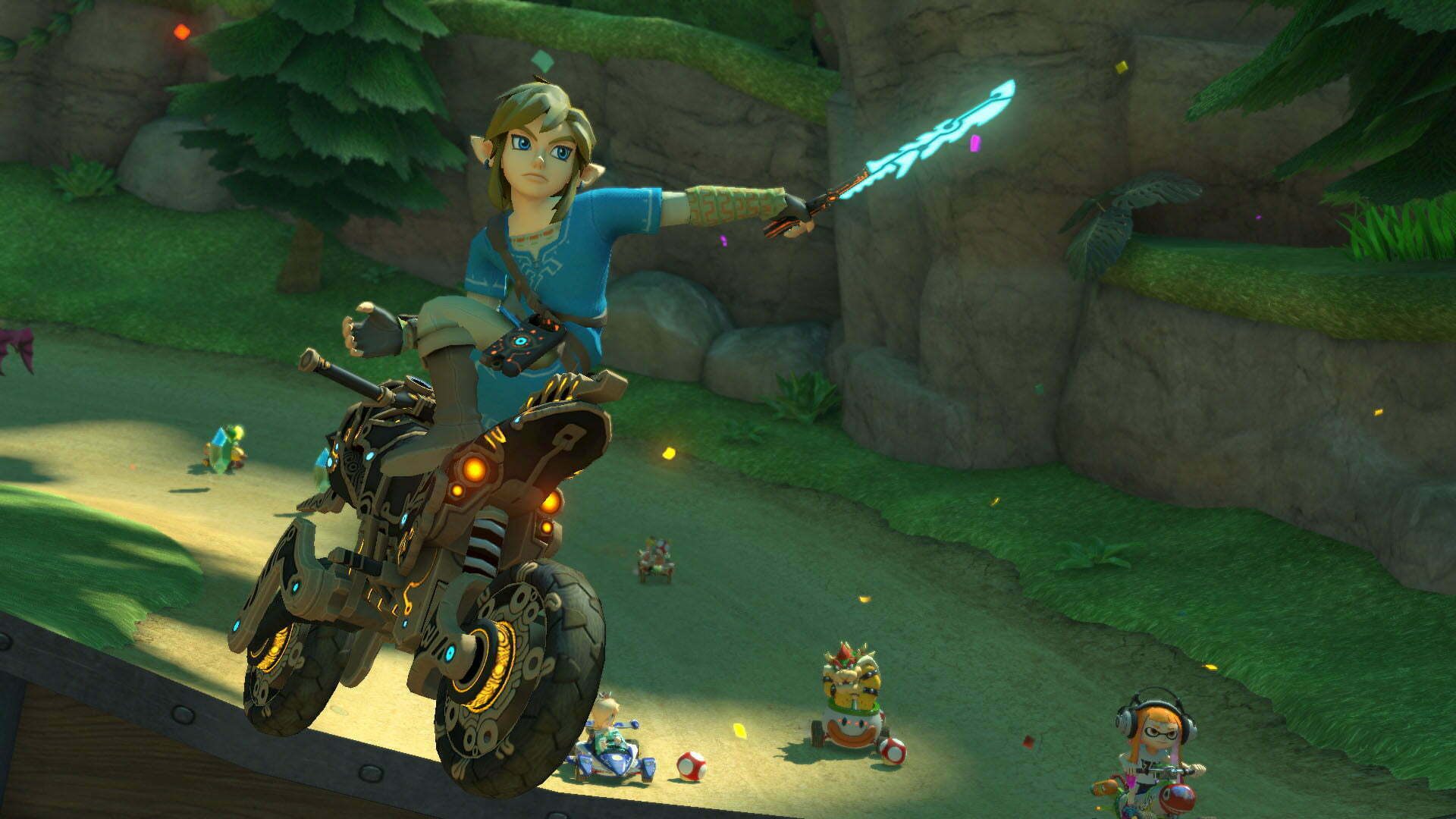The testimonies we tell matter: the records of women’s recreation ought to no longer be not noted
In April 1874, on a cricket floor in Bendigo, 22 women took to play in the earliest recorded sport of ladies’ cricket. By 1904, the first nation-based women’s cricket affiliation had formed in Victoria. A little over a decade later, the primary recorded recreation of women’s football would be played on an oval in Perth.

These moments in Australia’s wearing history are hugely important. It is not most effective because they communicate how the concept of recreation being inherently masculine is indeed faulty; however, they also illustrate the profound foundations of the ladies’ game. But they do something else too, something that makes them especially pertinent nowadays. They mark the beginnings of a story of marginalization, a tale too regularly co-written with the aid of the very enterprises tasked with administering our favorite sports activities.
In her book, Half The Race, published in 1991, Marion K. Stell writes that “a conspiracy of silence has enshrouded the deeds of colonial sportswomen.” Stell can also write about Australian girls within the 19th century, but her point crosses generations. While the modern triumphs of Australian sportswomen are an increasing number of documented, up to an end, too regularly a long time of records and the many ladies that came earlier than today’s heroines aren’t. And that silence is, inadvertently or in any other case, supported through sporting corporations who seem detached to these records and those girls and their terrific feats.
In March 1931, more than 50 years after that recreation in Bendigo, the Australian Women’s Cricket Council was shaped. For 70 years, the Women’s Cricket Council, which modified its call to Women’s Cricket Australia in 1995, administered ladies’ cricket throughout the united states of America. In 2001, Women’s Cricket Australia and the Australian Cricket Board, recognizing that using merging their respective resources, they might do more to sell cricket, especially to ladies and women, commenced the manner of integrating their establishments. By 2003, that manner changed into an entire, and Cricket Australia changed into born. But this isn’t the story Cricket Australia tells.
On the history web page of CA’s internet site, there may be no point out of Women’s Cricket Australia, no mention of the formation in 1931 of the Australian Women’s Cricket Council, no mention of ladies’ cricket in any respect. Instead, the call exchange is cited with a single sentence: “the enterprise changed its name in 1973 to the Australian Cricket Board than on 1 July 2003 it has become Cricket Australia”. CA, regardless of being the result of the merging of Women’s Cricket Australia and the Australian Cricket Board, effectively writes girls’ cricket entirely out of the respectable tale.
But CA isn’t always on my own. Neither the AFL nor the AFLW website provides a record of the women’s game, no mention of the first recorded sport in Perth or the various games performed for the twentieth century throughout the united states or in the kingdom-based totally leagues that started forming within the early Eighties.
When the VWFL became the VFW in 2016, 3 years after AFL Victoria took over the management of the opposition, they initially eliminated the medals named in honor of girls like Debbie Lee and Helen Lambert from the pinnacle tier opposition. While these medals, albeit in a slightly unusual shape, had been reinstated in 2018, that AFL Victoria felt at ease to take them away inside the first location is fantastic. And it speaks to bigger cultural trouble inside the Australian game and within establishments like the AFL that has long been ruled by way of guys.
The history of ladies’ recreation exhibits the marginalization and exclusion of girls. For establishments like Cricket Australia and the AFL that pleasure themselves on their message of inclusivity and enjoyment for all, this history has to be uncomfortable. Mainly because their businesses have often contributed to that marginalization and exclusion. But they, and others like them, have an obligation to the entire tale of their recreation. They can not shrink back from telling that records because it doesn’t suit the narrative they sell today.
To ignore that records do a massive disservice to the many girls who fought to take to the sector, to play the sport they love. Women who held onto leagues and competitions by using the skin of their tooth and faced substandard centers and closed doors. Women without whom we might now not be taking part in the brilliant boom and fulfillment of girls’ sport each domestically and across the world. The success that enterprises like Cricket Australia, the AFL, the NRL, and FFA revel in the fruits.
The tales we tell count numbers. When the records of women’s recreation are driven to the rims of the sector, that has an impact well beyond the boundary line. By best telling 1/2 the story, by now not celebrating the richness and vibrancy of the history of ladies’ recreation, we beef up the broader inequality in the network. When we tell the full story, with all its intensity and complexity and beauty, we will begin to interrupt down the hierarchies that have placed ladies at a disadvantage, each on the field and off.
We made a desire…
… and we need to inform you approximately it. We decided that our journalism now reaches document numbers around the world, and extra than a million humans have supported our reporting. We maintain to face demanding financial situations but, not as many news companies, we’ve got selected no longer to put up a paywall. We want our journalism to stay handy to all, irrespective of how they stay or what they can have the funds for.
This is The Guardian’s model for open, independent journalism: available for everybody, funded by our readers. We rely upon contributions from our readers. Will you assist our preference?
Readers’ help powers our paintings, safeguarding our essential editorial independence. In this manner, the obligation of independent defensive journalism is shared, enabling us all to feel empowered to result in actual alternate in the world. Your aid offers Guardian newshounds the time, space, and freedom to record with tenacity and rigor, to shed light where others gained’t. It emboldens us to challenge authority and query the fame quo. And via maintaining all of our journalism loose and open to all, we can foster inclusivity, diversity, make space for debate, encourage communication – so extra people have access to accurate information with integrity at its coronary heart.
Guardian journalism is rooted in statistics with a progressive attitude in the world. We are editorially impartial, meaning we set our very own schedule. Our journalism is loose from commercial bias and now not motivated by using billionaire owners, politicians, or shareholders. No one steers our opinion. At a time, while there are so few sources of information you can indeed agree with, this is critical as it permits us to provide a voice to those much less heard, challenges the powerful, and holds them to account. With your aid approach, we can preserve investigating and exploring the critical problems of our time.
Our version allows human beings to aid us in a manner that works for them. Every time a reader like you contributes to The Guardian, no matter how massive or small, it is going immediately into investment our journalism. But we want to construct in this help for the years in advance.
















